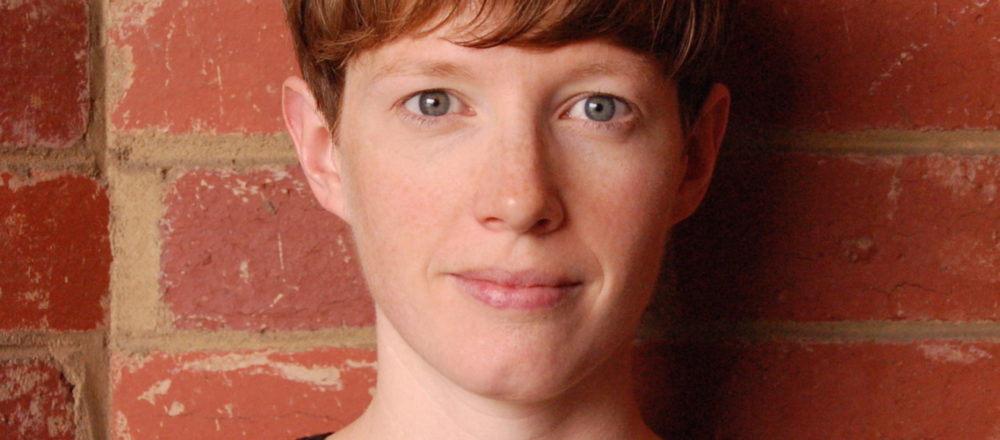A Long Time Coming
Melanie Joosten
Scribe
A Long Time Coming, a collection of essays by Melbourne author Melanie Joosten, is an emotionally wrenching, undeniably powerful piece of writing. In her examination of ageing, Joosten examines the myriad issues around growing older in 21st century Australia, a country home to a rapidly ageing population where around 25% will be 65 or older by the year 2042.
Joosten realises that these are topics that many people are happy to remain ignorant of, which only further strengthens her argument that older Australians have become marginalised and socially isolated, all but forgotten by society. However, it doesn’t have to be this way. A Long Time Coming is designed as a wake-up call of sorts – a way to challenge the reader to think about the elderly and what they can do to make life better for their elders.
The book is a comprehensive overview of a multitude of topics relating to older Australians. It opens with an account of Joosten’s visit to the Tiwi Islands, which allowed her to gain an insight into how the Islanders treat their elders and how life in a local nursing home differs to those in Melbourne or Sydney.
The amazing thing about this book is the breadth and scope of Joosten’s project. She covers everything from the often under-reported instances of depression and abuse of the elderly, to the intent behind an art exhibition which photographed the naked bodies of older Australians. In a devastating chapter she looks at how, when reaching retirement age, many Australians must still endure difficulties in finding and retaining housing.
One of the more interesting essays contained in the book is Big Sisters, which discusses how getting older is actually a liberating experience for many Australians, freed for the first time in their lives from the expectations of what role they must fill in society. Joosten notes that a stronger bond between generations young and old could forge a more prosperous country for us all.
Joosten turns the focus back on herself in the self-reflexive chapter Notes on Writing and Doing Good, sharing some of her experiences in ageing and how much she has learned in the process of writing the book.
But the longest and most memorable chapter in the book is saved for last. Joosten writes about her experiences as a volunteer at a nursing home, taking part in a program that provides residents with regular visitors who spend time with them. Joosten introduces us to Betty, a resident with whom she forms an instant bond. Chats about food, family and football see the pair develop a friendship that neither expected, and like many essays in this collection, it puts a human face on many of the issues that are raised in the book’s pages.
While difficult to read at times given its often depressing subject matter, A Long Time Coming is a work that deserves high praise for the persuasive way in which Joosten crafts her arguments toward greater understanding and compassion for older Australians. It’s an exceptional piece of writing, one that will provoke discussion, challenge opinions and, hopefully, inspire change.


